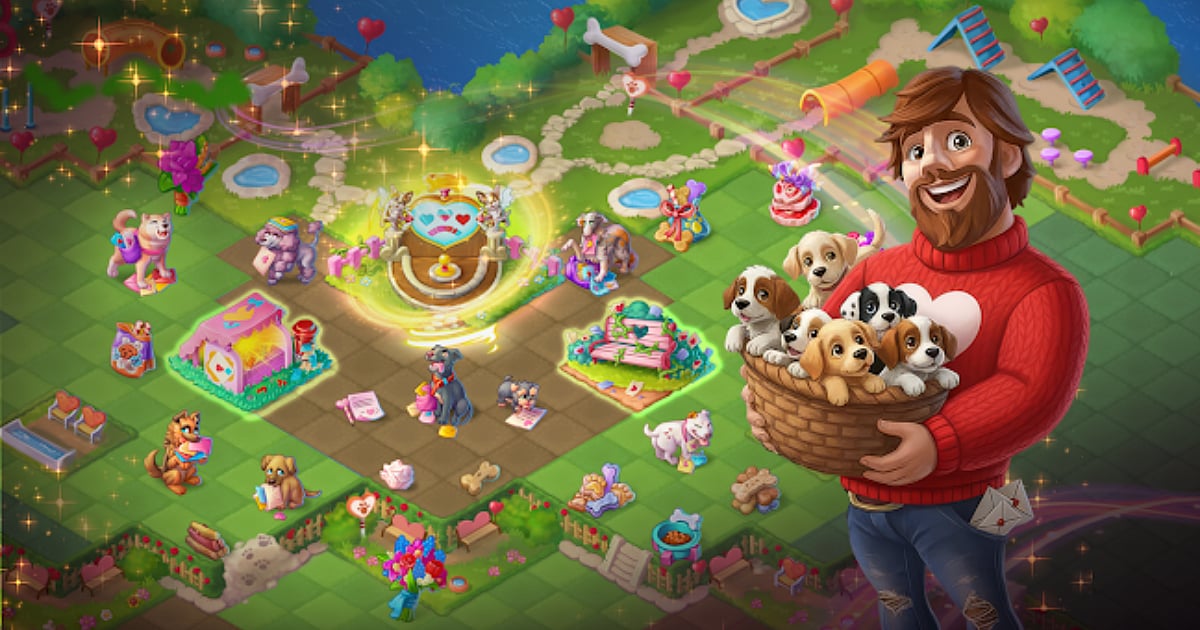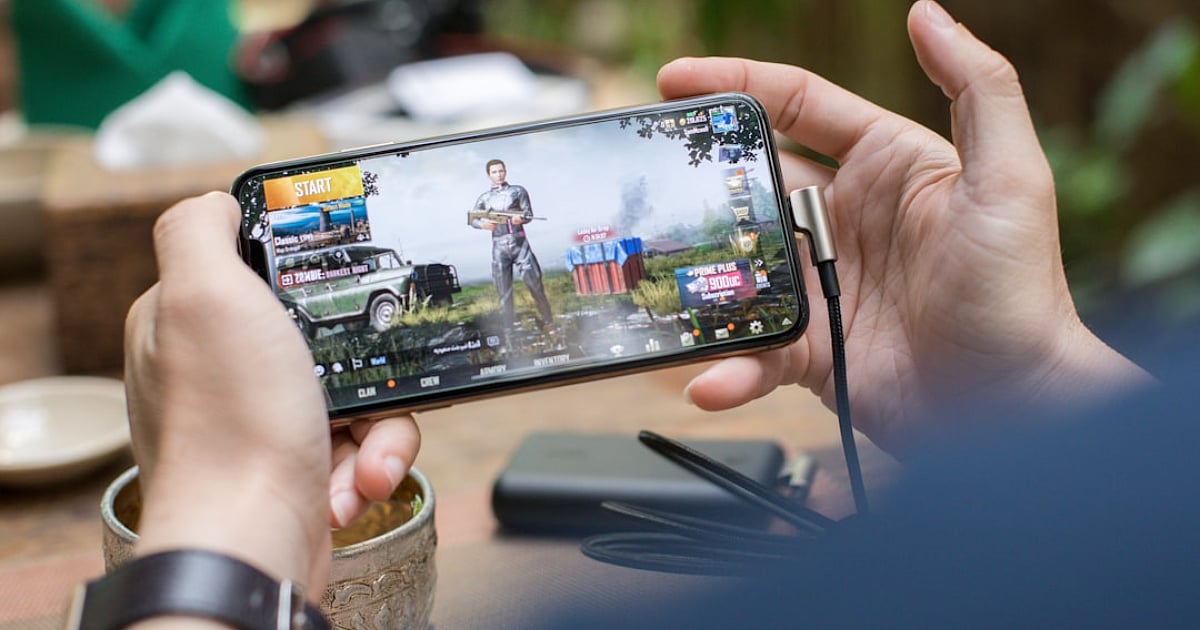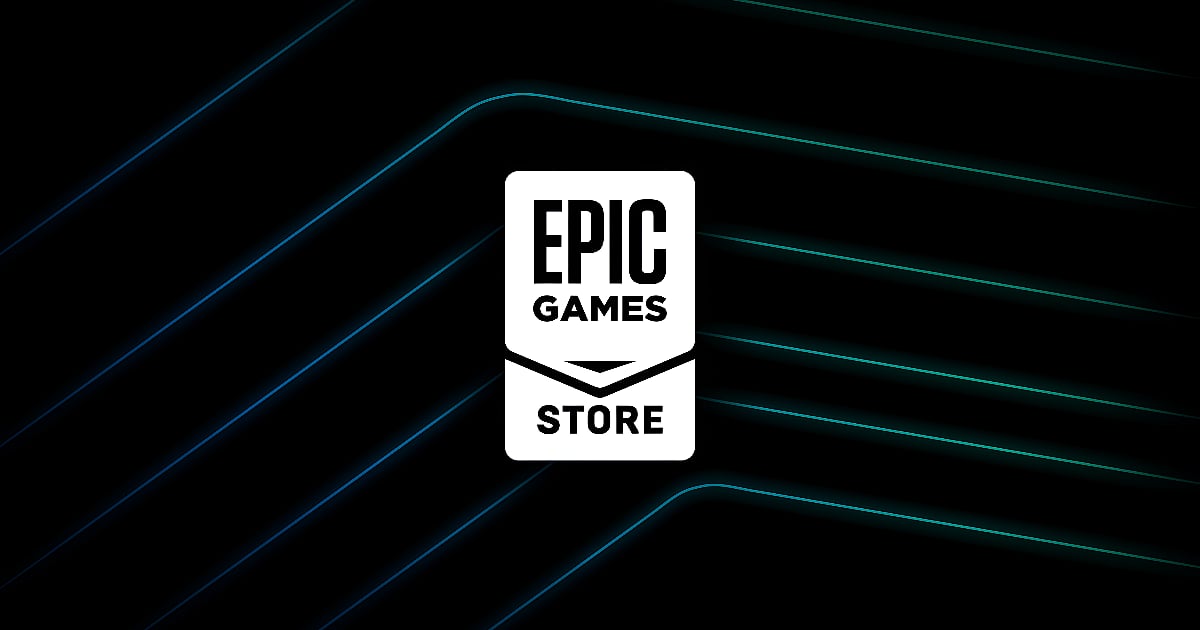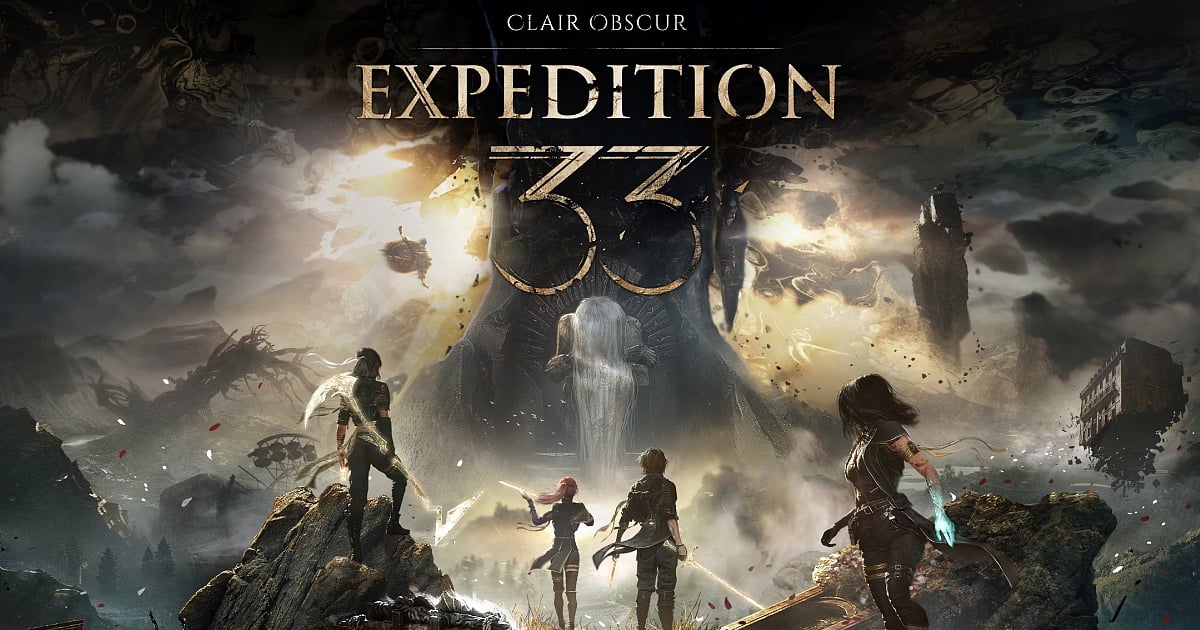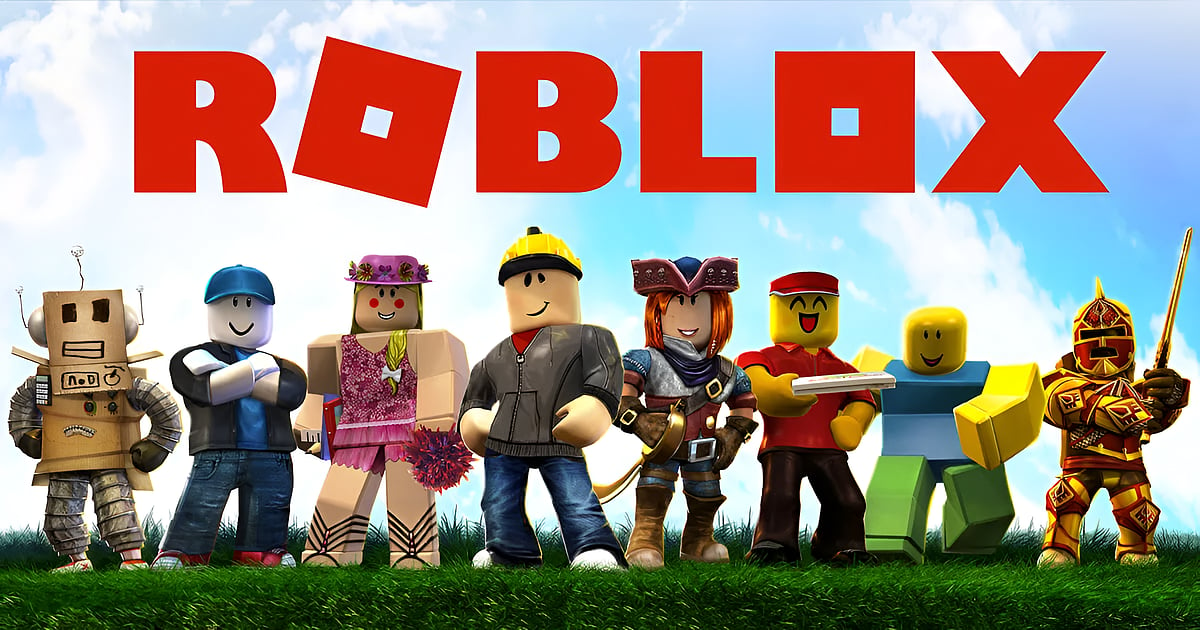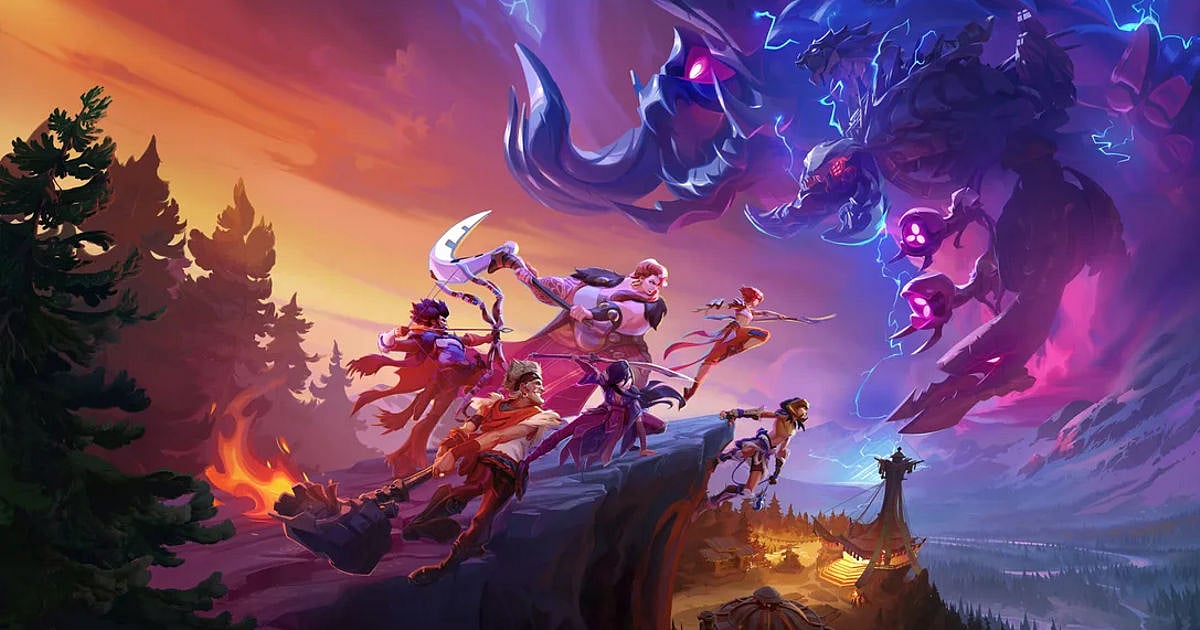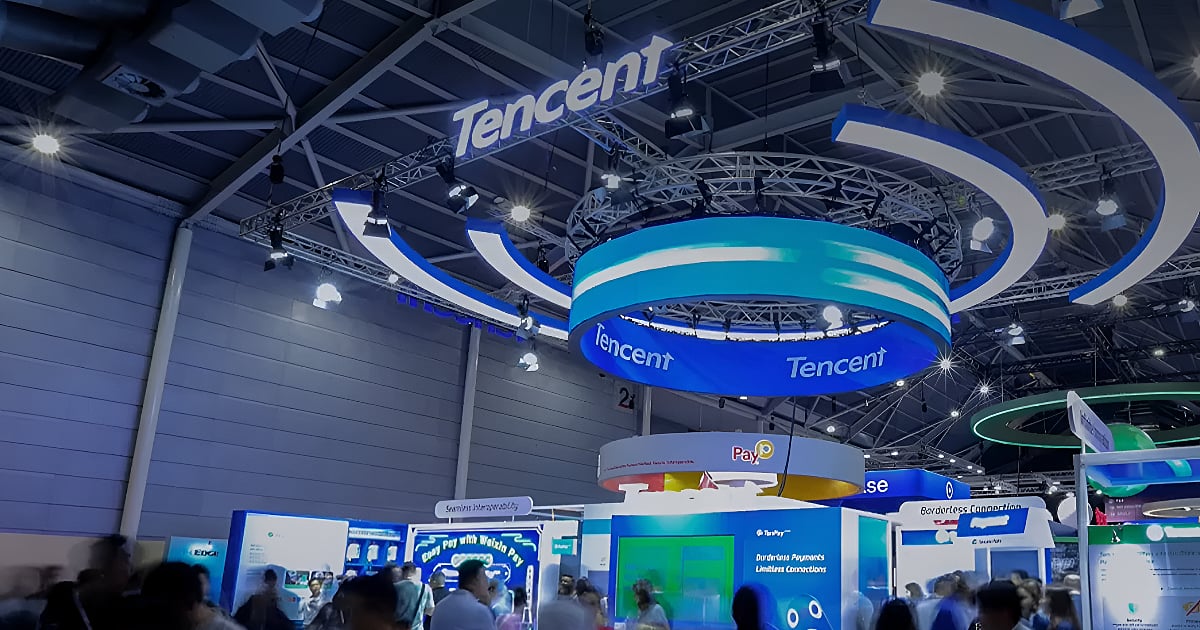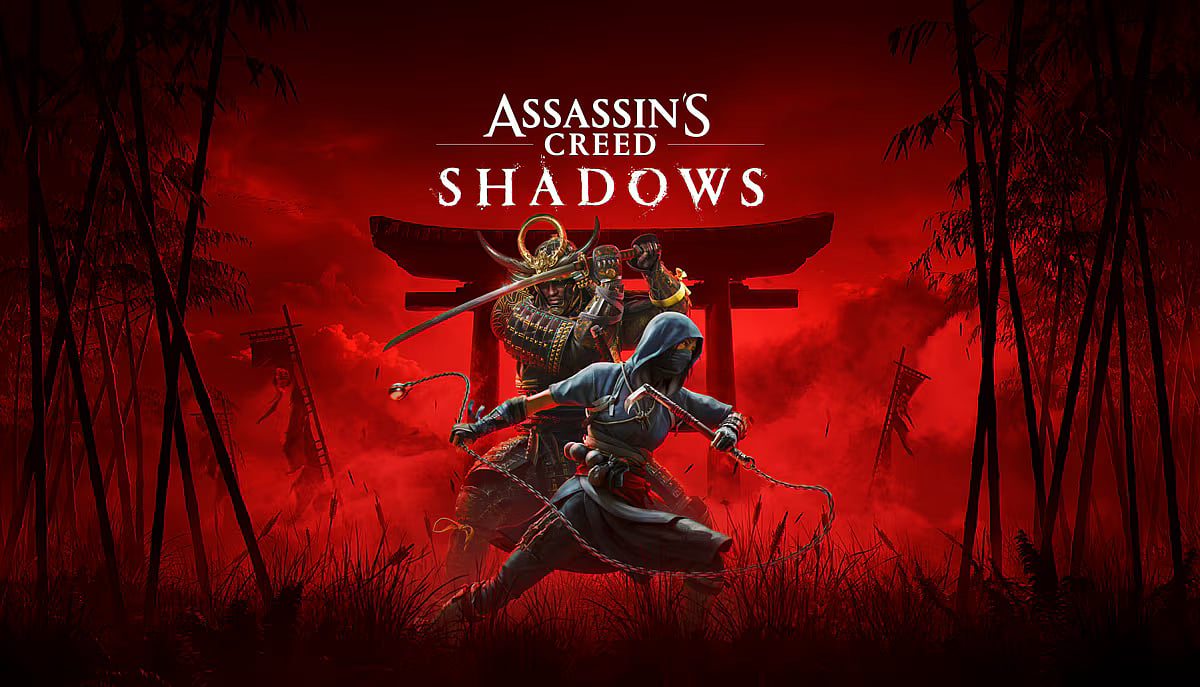
Embrace the shadows as a Shinobi and a Samurai.
Video Game Boycotts Don't Work
Why Controversy Now Sells More Copies Than Silence
Highlights
- Controversies often act as free marketing, leading to increased game sales.
- Some gamers specifically buy boycotted titles to push back against "cancel culture."
- Strong brand loyalty and game quality typically outweigh online political drama.
The digital pitchforks are out. The hashtags are trending. The message from the internet's most vocal corners is deafening: "Do not buy this game." Yet, time and time again, we watch as these targeted titles don't just survive the firestorm; they emerge from it, wallets overflowing, to the tune of millions of copies sold and billions in revenue.
This isn't an accident; it's the new reality of a hyper-politicised entertainment landscape. Socio-political controversies have become an inescapable part of a major game's launch cycle. But while activists declare these games "financial failures" before they even hit the shelves, the sales data tells a story of incredible, undeniable success.
Let's break down the games that faced the fury, defied the boycotts, and proved that in today's culture war, outrage might be the most powerful marketing tool of all.
Hogwarts Legacy: The Unbreakable Vow of Brand Power
The controversy had almost nothing to do with the game itself. Instead, it was inextricably linked to Harry Potter author J.K. Rowling and her widely criticised public comments on transgender issues.
A massive, organised online boycott movement formed, arguing that purchasing the game would financially support Rowling's views. Streamers who played the game faced harassment, and the discourse reached a fever pitch online.
From a commercial standpoint, the boycott was a failure. Hogwarts Legacy didn't just sell well; it became a global phenomenon.
- Copies Sold: A mind-boggling 12 million copies in its first two weeks.
- Revenue: It generated a staggering $850 million in its global profits.
Why It Thrived: The Harry Potter brand is a cultural titan. For millions of fans, nostalgia and the dream of attending Hogwarts far outweighed the political firestorm. Publisher Warner Bros. Games also carefully distanced the game from Rowling, creating just enough space for conflicted fans to justify their purchase.
The intense boycott also triggered a powerful counter-reaction from players who bought the game specifically to push back against "cancel culture".
The Last of Us Part II: The "Flop" That Became a Legend
If Hogwarts Legacy's controversy was external, The Last of Us Part II's was a civil war within its own fandom. The game's daring narrative, which included the brutal death of a beloved main character and forced players to empathise with his killer, Abby, was seen as a betrayal by many.
This was compounded by outrage from some corners over the game's prominent lesbian protagonist, Ellie, and Abby's muscular, non-traditional physique. The game was viciously "review-bombed", and a narrative that it was a "woke failure" dominated social media.
This "failure" became the fastest-selling PlayStation 4 exclusive in history.
- Copies Sold: By mid-2022, it had officially sold over 10 million copies.
- Revenue: A leaked Sony Interactive Entertainment document reveals that Naughty Dog’s The Last of Us Part 2 raked in over $242 million in revenue from PS Store downloads alone.
Why It Thrived: The outrage was loud, but it came from a vocal minority. Millions of sales were already guaranteed through pre-orders based on the first game's legendary status. While critics on YouTube and X screamed "flop", the silent majority were simply playing the game.
Its near-universal critical acclaim and sweep of Game of the Year awards provided a powerful counter-narrative, proving that quality and brand loyalty could overcome even the most vitriolic backlash.
Stellar Blade: When Controversy Becomes the Entire Marketing Pitch
Stellar Blade is a fascinating example of a game whose controversy became its marketing campaign. The backlash, primarily from some media outlets, focused on the protagonist Eve's design, labelling it as an overly sexualised male-gaze fantasy.
This criticism was gasoline on the culture war fire. A massive contingent of players championed the game as a defiant stand against "woke" Western design sensibilities, which they feel have de-emphasized attractive female characters. Buying the Stellar Blade transformed from a simple transaction into a political statement.
For a brand-new IP from a South Korean studio, the results were spectacular.
- Copies Sold: The PlayStation 5 exclusive sold over 1 million copies in just three days, a massive success for a new franchise.
- Revenue: Stellar Blade accounted for 58% of Shift Up’s total revenue, generating 65.7 billion KRW (around $47 million).
Why It Thrived: The controversy was the best free advertising the studio could have asked for. Every article criticising Eve's design was shared by supporters as proof that they needed to buy the game to "send a message". The culture war essentially marketed the game to a built-in, highly motivated audience.
Assassin's Creed Shadows: Rage in the Pre-Order Phase
The fury ignited long before its release. The reveal that one of the two protagonists would be Yasuke, a historical samurai of African origin, sparked a massive debate. Critics accused Ubisoft of historical revisionism and prioritising a "DEI agenda". The campaign against the game was relentless, predicting a sales disaster.
The predictions of failure were spectacularly wrong. The game was a massive commercial hit.
By The Numbers:
- Copies Sold: Initial estimates, approximating a total of 2,559,000 copies sold, fuelled boycott narratives of a commercial failure.
- Revenue: Based on those sales, translated to roughly $125.3 million, a figure slightly above the $116 million disclosed by Ubisoft's CEO.
Why It Thrived: The Assassin's Creed brand proved to be bulletproof. The pre-release drama generated endless discussion, keeping the game in the headlines for free. For every player angry about Yasuke, another was excited by the fresh perspective or pre-ordered the game simply to defy the backlash.
Ultimately, a quality open-world RPG set in a highly anticipated Japanese setting was an irresistible draw for the masses.
Ghost of Yotei
The boycott against 2025's Ghost of Yotei wasn't about the game but the people who made it. The controversy ignited when voice actress Erika Ishii's inflammatory political tweets surfaced, leading to calls for her recasting.
The situation was amplified when a Sucker Punch developer mocked the tragic death of Charlie Kirk. This perceived disrespect sparked the #NotMyGhost campaign, with many core fans feeling betrayed by the creators.
- Sales: Ghost of Yotei sold over 1.6 million copies shortly after launch and became the biggest first-party PlayStation launch in Europe since Spider-Man 2.
- Revenue: It has generated nearly $100 million.
This highlights the increasing intertwining of political and social issues with gaming culture, where creators’ personal views and company responses can provoke community reactions.
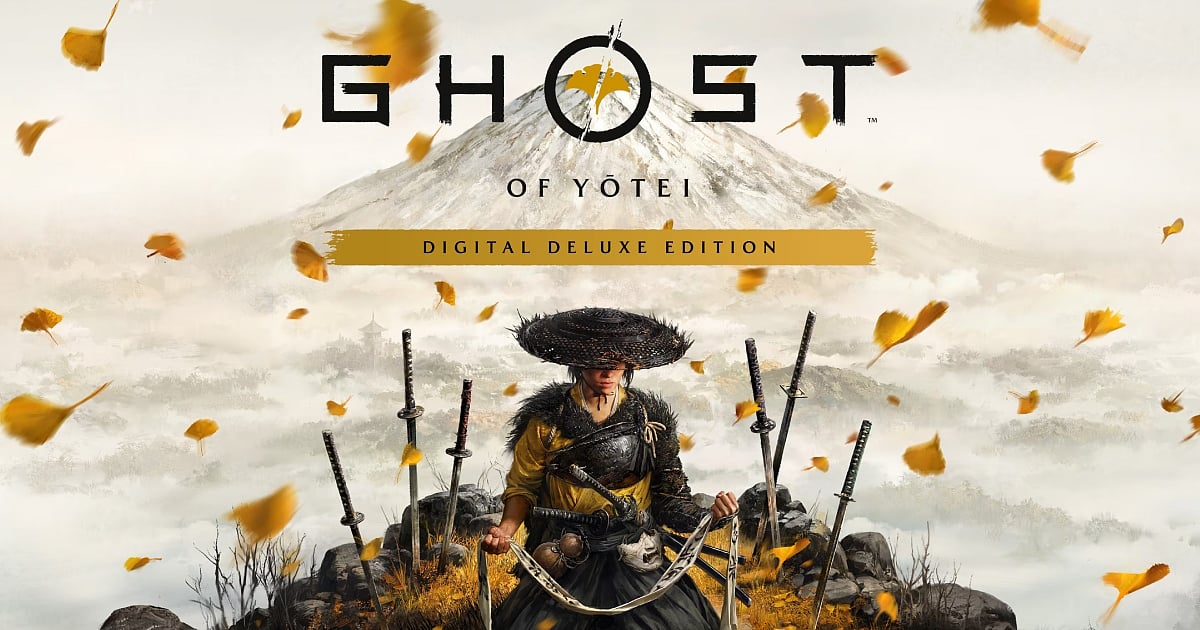
PlayStation
So, Why Are Boycotts Failing?
Looking at these games, a clear pattern emerges. Boycotts aren't working because the dynamics of the internet and the gaming market have rendered them toothless.
The Streisand Effect: The louder you scream for people not to look at something, the more everyone turns to stare. Controversy generates clicks, views, and discussion, providing a game with 24/7 marketing.
The "Anti-Woke" Dollar: A powerful and highly motivated segment of the market now actively purchases products to protest what they see as "cancel culture." For this group, a boycott isn't a deterrent—it's a buy signal.
Untouchable Brands: An IP like Harry Potter or Assassin's Creed has created decades of emotional investment across hundreds of millions of people. That kind of global brand loyalty is nearly impossible for a hashtag to break.
The Quality Factor: Ultimately, if the game is good and delivers on its core promise (exploring Hogwarts, visceral combat, a sprawling open world), a huge portion of the audience simply will not care about the online drama.
The lesson for the industry is becoming clear. While a studio's reputation might take a hit, the financial risk of a culture war controversy seems to be surprisingly low. As the market continues to fracture, we may see more developers realise that in the noisy, chaotic world of modern gaming, making a few people angry might be the most profitable move of all.

Author
Krishna Goswami is a content writer at Outlook India, where she delves into the vibrant worlds of pop culture, gaming, and esports. A graduate of the Indian Institute of Mass Communication (IIMC) with a PG Diploma in English Journalism, she brings a strong journalistic foundation to her work. Her prior newsroom experience equips her to deliver sharp, insightful, and engaging content on the latest trends in the digital world.
Krishna Goswami is a content writer at Outlook India, where she delves into the vibrant worlds of pop culture, gaming, and esports. A graduate of the Indian Institute of Mass Communication (IIMC) with a PG Diploma in English Journalism, she brings a strong journalistic foundation to her work. Her prior newsroom experience equips her to deliver sharp, insightful, and engaging content on the latest trends in the digital world.
Related Articles

